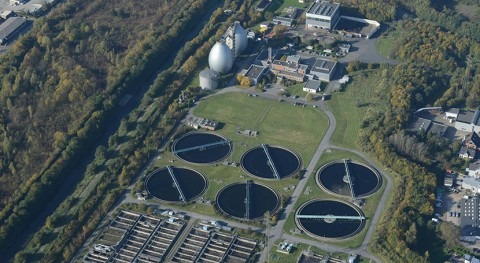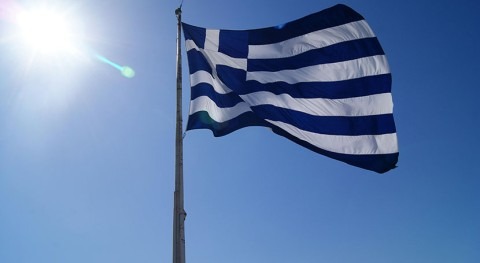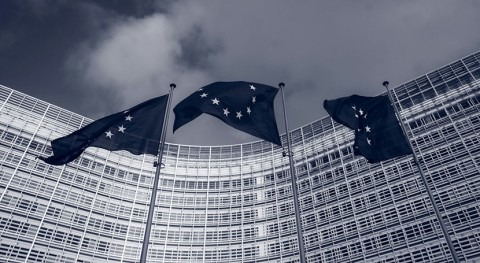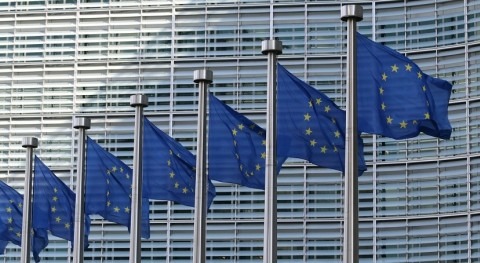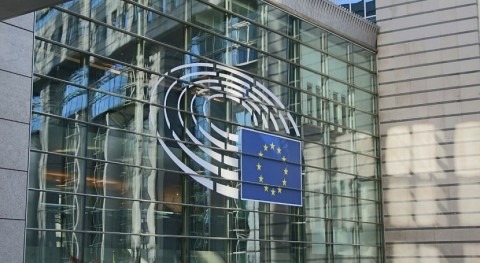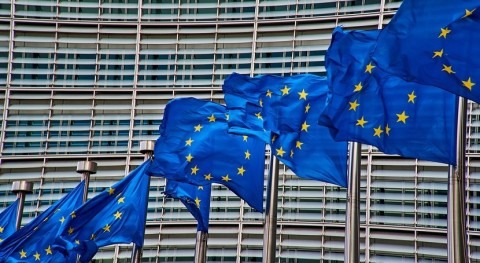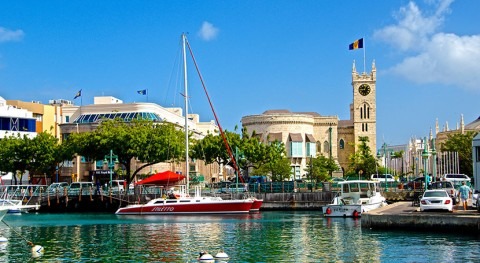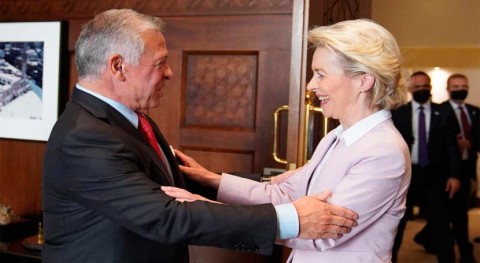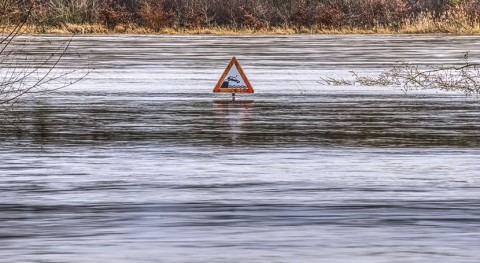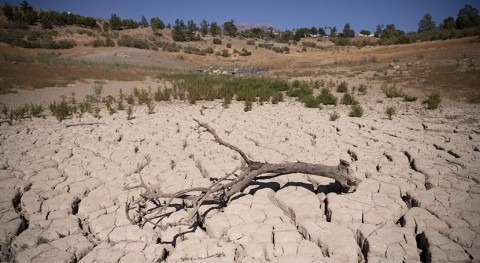20 multinational projects will receive over €117 million to contribute to the objectives of the EU Mission ‘Restore our Ocean and waters’: protect and restore biodiversity, cut pollution, support a sustainable blue economy. The projects gather 297 partners from 39 countries, including most of the EU Member States. A full overview of the projects here. The funding comes from Horizon Europe, the EU’s programme for research and innovation.
Some of these projects will be showcased at the 1st annual Mission Forum which takes place in Brussels today. The Forum gathers the community of stakeholders involved in the Mission, with representatives of EU institutions, national and regional public authorities, organisations, SMEs and more. It will take stock of the first year of implementation of the Mission and presents inspiring initiatives and projects. It will also celebrate reaching a new milestone: more than 200 actions pledged in support of the Mission CharterEN••• that will contribute to the successful implementation of the Mission.
Mariya Gabriel, Commissioner for Innovation, Research, Culture, Education and Youth, stated: "More than 200 actions, from cities to regions, from universities to NGOs, from research institutes to foundations, have been pledged to contribute to the objectives of our Mission ‘Restore our Ocean and Waters’. Today, I renew our invitation to everyone to be part of the four Lighthouse communities, across all EU seas, oceans, and main river basins!"
Virginijus Sinkevičius, Commissioner for Environment, Oceans and Fisheries, said: "This Mission is more than timely or relevant. This Mission is urgent. Preserving and restoring the health of our ocean and waters is about preserving our life and all life on this planet. It is by joining our efforts that we will regenerate marine habitats, bring back fish populations, and make our blue economy more sustainable. Thanks to EU-funded projects, research, citizen activism and the growing number of organisations, we are on our way to achieving this critical Mission."
What are the projects expected to do?
Projects to protect and restore our ocean and waters
Two projects focus on improving the environmental status of marine ecosystems. BLUE4ALL aims to achieve effective, efficient and resilient management of Marine Protected Areas (MPAs) and networks of MPAs through targeted actions in 25 sites and living labs. The OCEAN CITIZEN project tests an advanced restoration programme based on strong ecological and societal interconnections. It paves the way to the 'gardeners of the sea', whose skills and expertise will apply eco-engineering approaches to fisheries and aquaculture while enhancing carbon sequestration of marine habitats.
Some projects address specific sea basins:
In the Danube River basin, the DANUBE 4ALL project will test and demonstrate nature-based solutions to enhance the free-flowing status of rivers and floodplains, to reduce flood and drought risks and support the continuity of habitats. The DALIA projects will deliver a tool to support decision-making for freshwater ecosystem protection and ecosystem connectivity, and improve the protection of local communities and ecosystems from extreme events and pollution threats, in line with the implementation of the Water Framework Directive.
In the Atlantic and Arctic basin, the CLIMAREST project develops nature-based restoration scenarios ranging from the high-Arctic Svalbard (79° N) in the north to the Madeira archipelago (33° N) in the south. A-AAGORA focuses on nature-based solutions to boost resilience to climate change and mitigate its impacts in coastal areas.
Projects to fight pollution
The REMEDIES project will monitor plastic litter, its collection and valorisation and the prevention of the distribution of non-degradable plastics by mapping out 170 km2 for plastic litter. It plans to reach around 100 000 citizens, collect around 400 tons of plastic waste, and build up plastic prevention pathways through scaling up and replication in 33 Mediterranean countries.
The SEACLEAR2.0 project addresses the full cycle of marine litter, combining robots and citizen engagement approaches.
Projects to support sustainable blue economy
The OLAMUR and ULTFARMS projects develop several pilots in the Baltic and North Sea to test solutions for low impact marine aquaculture and multi-purpose use of marine space.
Projects to develop the European Digital Twin Ocean
The Digital Twin Ocean is an interactive digital replica of the Ocean for better decision-making. By providing vast amounts of data, models and artificial intelligence, it will allow the replication of the properties and behaviours of marine systems, including ocean currents and waves, marine life and human activities. This tool will be useful for scientist and policymakers to test different scenarios and design the most effective ways to restore marine and coastal habitats, support a sustainable blue economy and adapt to a changing climate.
The EDITO-Model Lab and EDITO-INFRA projects will lay the groundwork for the next generation of EU digital ocean models. They will develop the EU public infrastructure of the EU Digital Twin, combining and integrating key service components such as the Copernicus Marine Service (CMS) and the European Marine Observation and Data Network (EMODnet) into a single digital framework that can be scaled-up.
Projects to involve citizens, key allies of the Mission
Active citizen involvement is encouraged in all projects. The FLOW project will enable co-ownership, co-implementation and co-responsibility of the young generation in actions to restore our ocean and waters. The OTTERS projects will promote and scale up citizen science initiatives in marine and freshwater domains. The Plastic Pirate initiative will enlarge its sphere of activities and expand them across Europe (“GO EUROPE!”). It is a European Citizen Science campaign, in which school classes and youth groups collect plastic samples from streams and rivers and document their findings. The collected data is then analysed by scientists and researchers.





